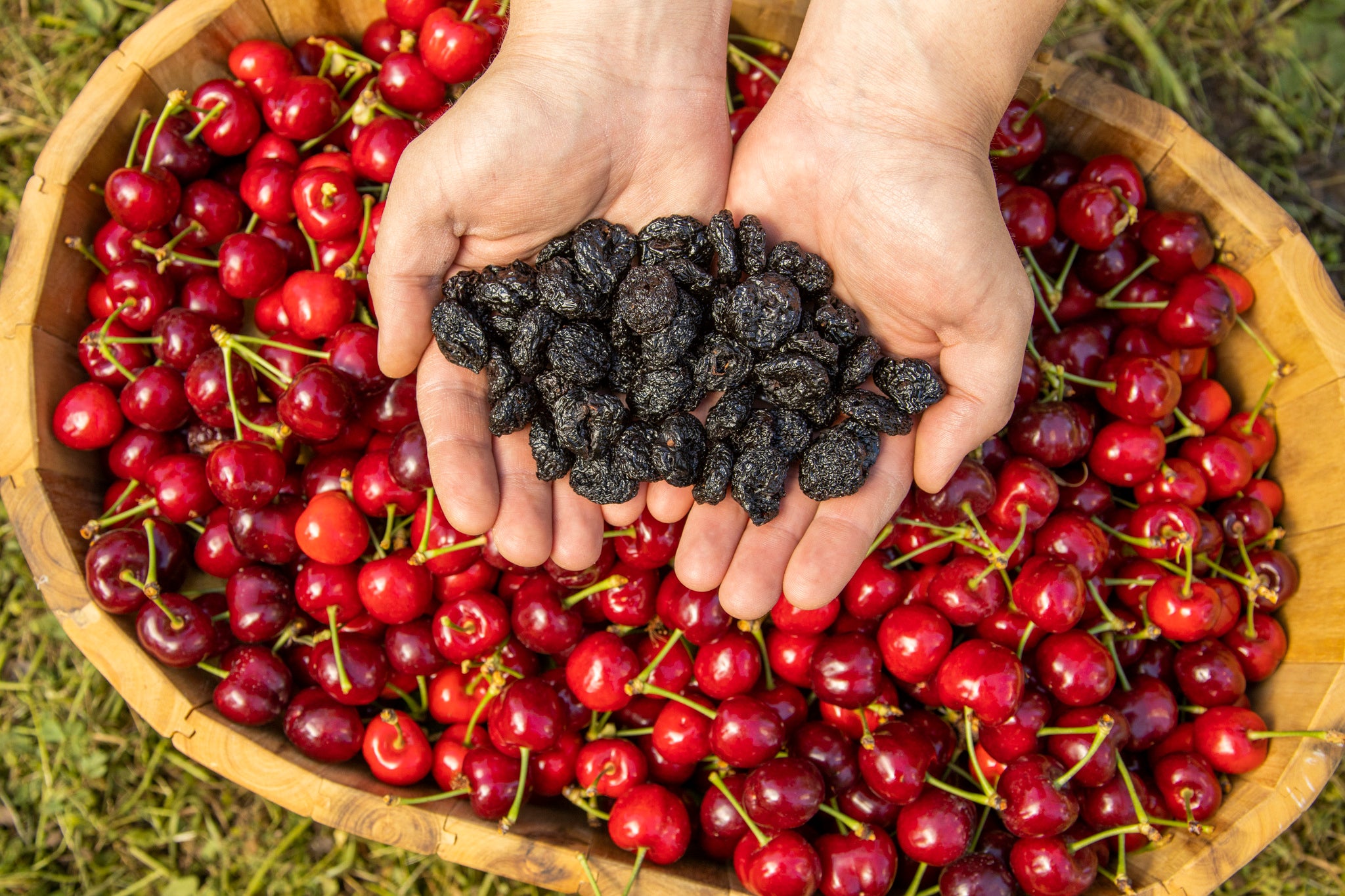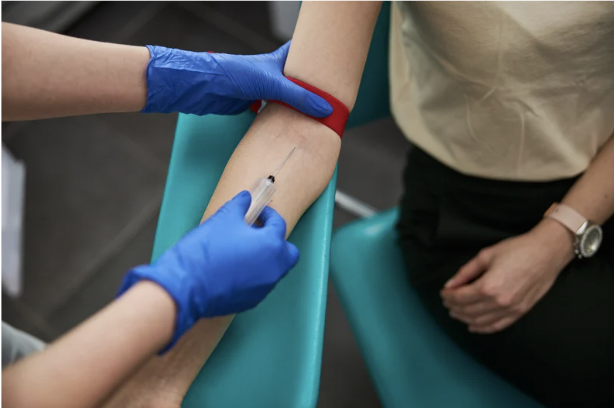A Protein-Rich Diet May Reduce Age-Related Muscle Loss
Protein is often dubbed as the building block of life. One of its key functions is to aid muscle growth and facilitate muscle recovery. If a recent study is to be believed, consuming more protein may help prevent muscle-loss that is often tied with old age. Researchers at the University of Birmingham have found that eating more protein during breakfast or lunchtime could be helpful for older adults who are more likely to lose muscle age they age.
Researchers also said that merely eating protein is not enough, one should also evenly spread the intake evenly throughout the day to yield maximum benefits.
For the study, researchers in the School of Sport, Exercise and Rehabilitation Sciences at the University of Birmingham, studied the dietary intake of young, middle-aged and old-aged individuals with a particular focus on the amount, pattern and source of protein consumed.
The results showed that, while the majority of individuals across all three groups met or exceeded current national guidelines (RDA) for protein intake, the protein intake and distribution across daily meals and snacks were very varied.
About 120 participants were enrolled in the study, they were divided into three age groups.
In the first group, participants had an average age of 23, in the second an average age of 51 and in the third an average age of 77. Participants were asked to complete a food diary over a three-day period, weighing out every single food item consumed.
Patterns in the dietary behaviour of participants was studied by researchers.
Researchers also analysed the protein intake across the different age groups and found 18 different patterns of protein intake throughout the day.Interestingly, the team found that old people, compared to young and middle-aged individuals, people were more likely to eat a lower-quality protein source, such as bread, at lunchtime.
“We know that older people show a blunted response to muscle building when consuming a certain amount of protein. Therefore, older individuals need to eat more protein to get the same muscle building response as younger and middle-aged people. Another way to help muscles make better use of dietary protein is to perform regular exercise,” explained Dr Benoit Smeuninx, first author of the study.
Most people are reaching the Recommended Daily Allowance of protein, but our results show that a one-size-fits-all guideline for protein intake isn’t appropriate across all age groups. Simply saying older people should eat more protein isn’t really enough either. We need a more sophisticated and individualised approach that can help people understand when and how much protein to consume to support muscle mass,” Dr Benoit added.
About Sushmita SenguptaSharing a strong penchant for food, Sushmita loves all things good, cheesy and greasy. Her other favourite pastime activities other than discussing food includes, reading, watching movies and binge-watching TV shows.





